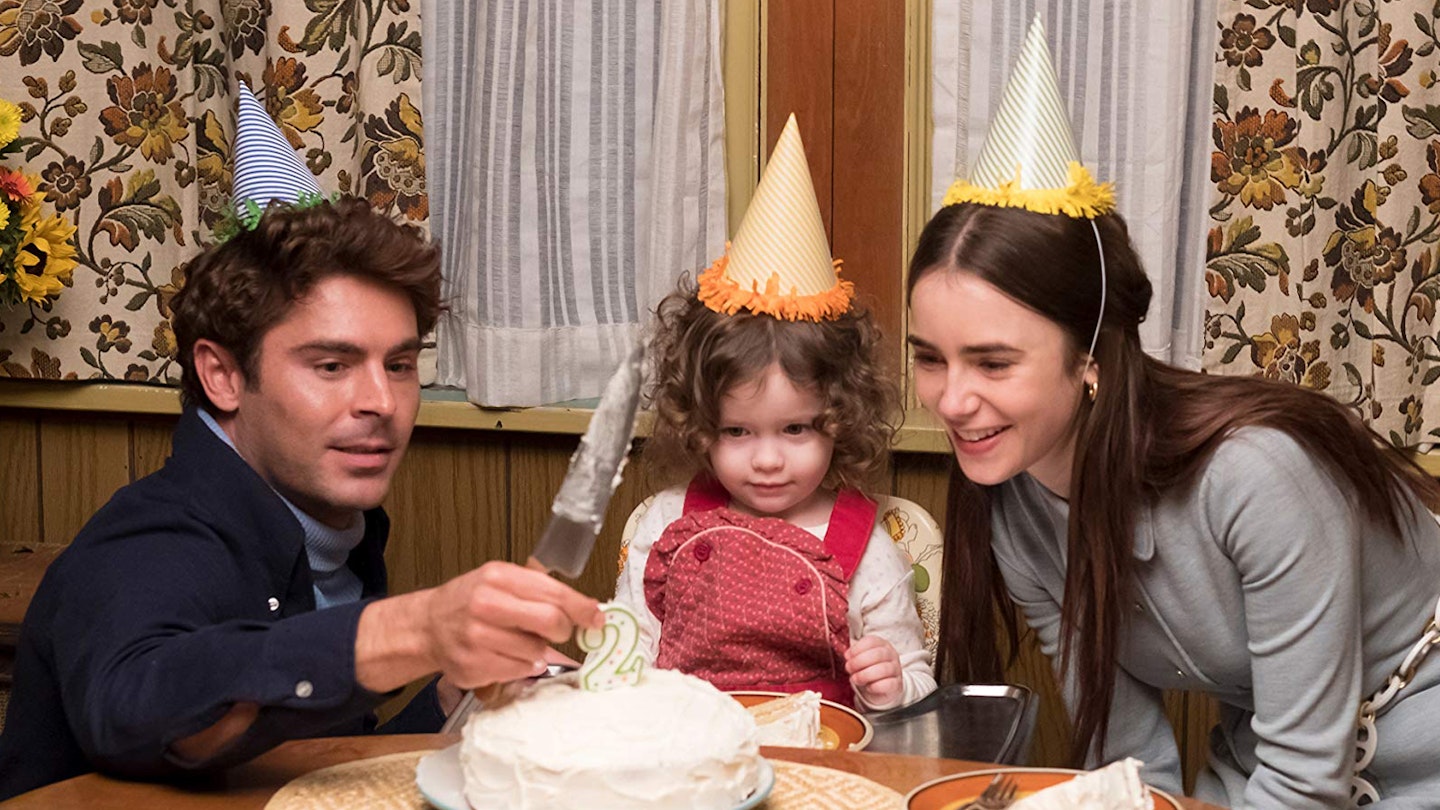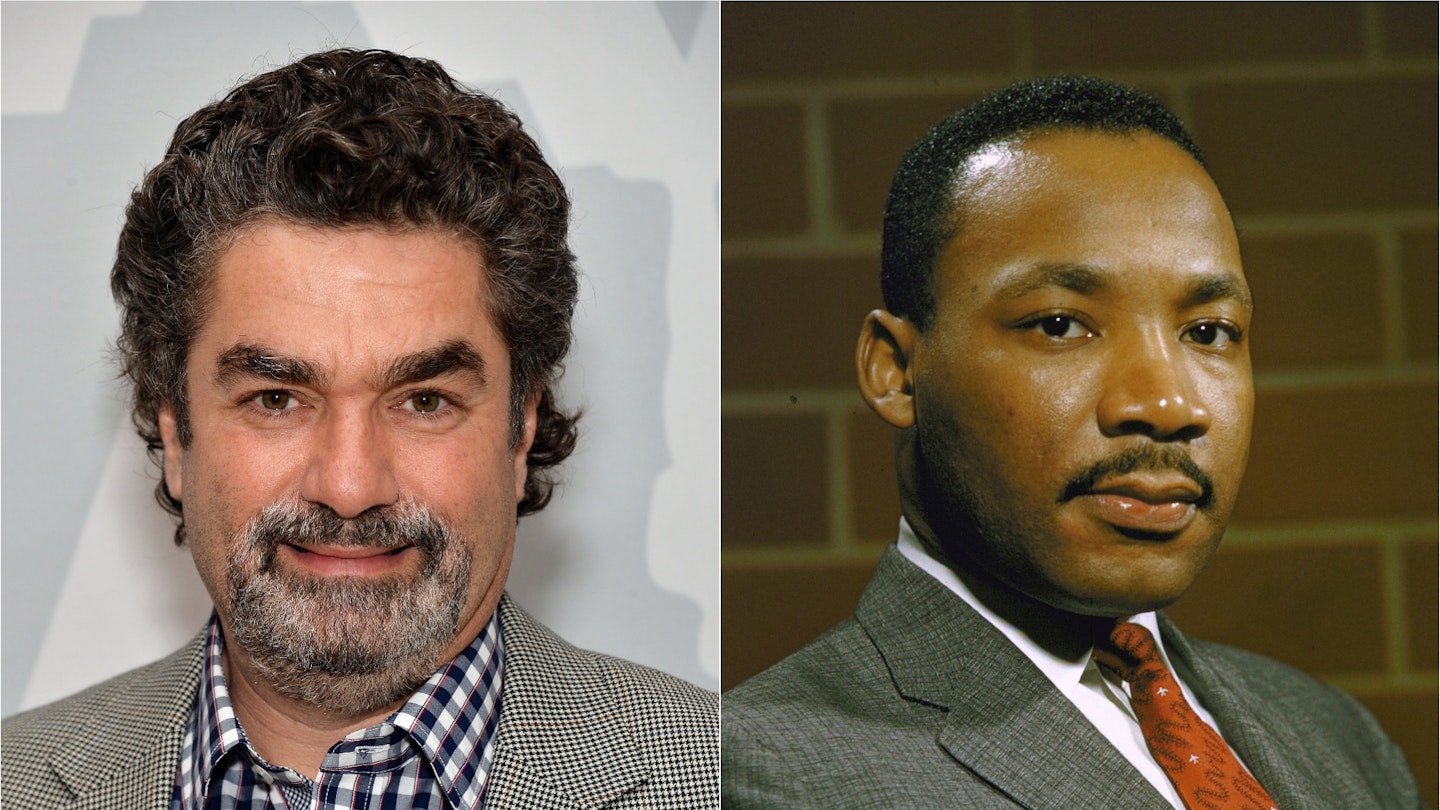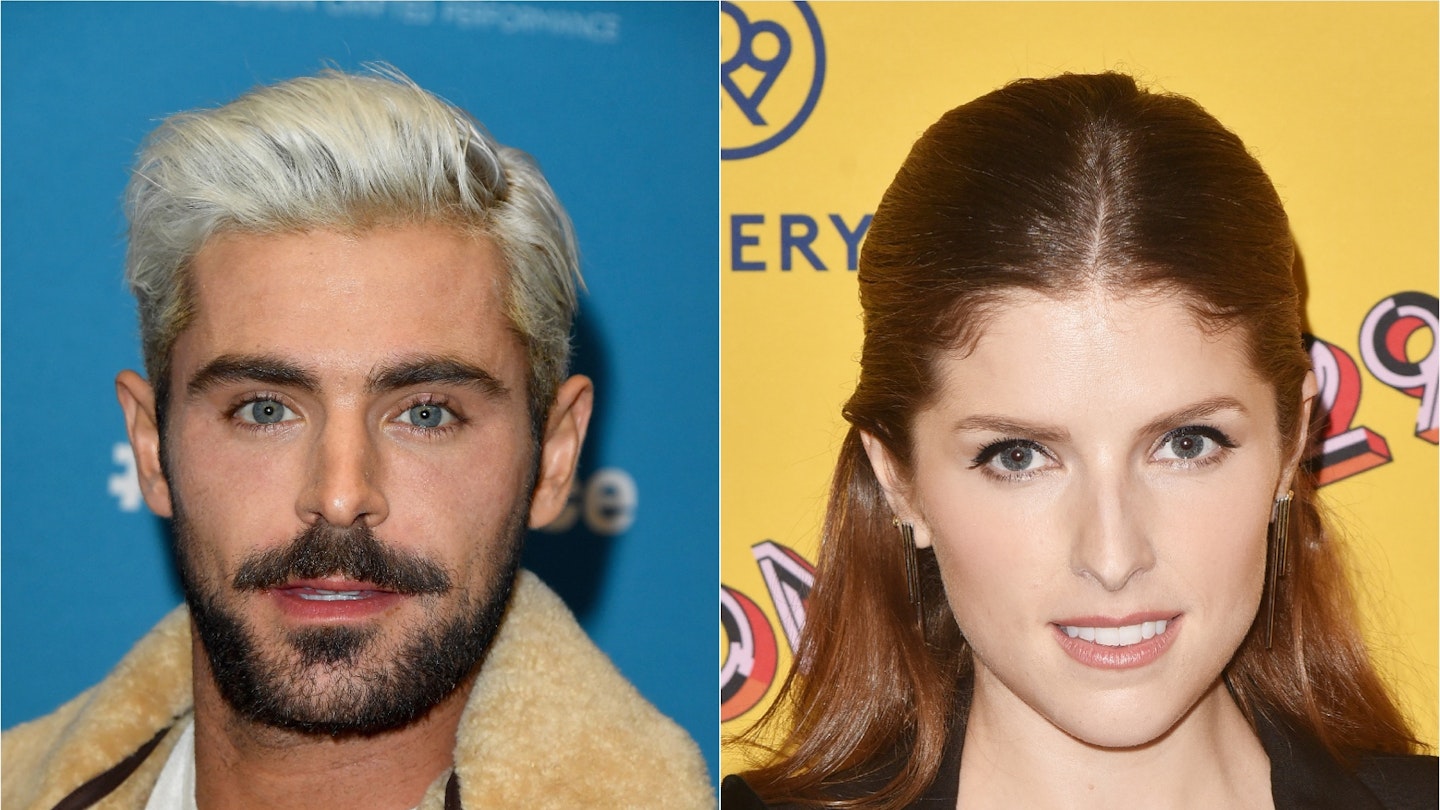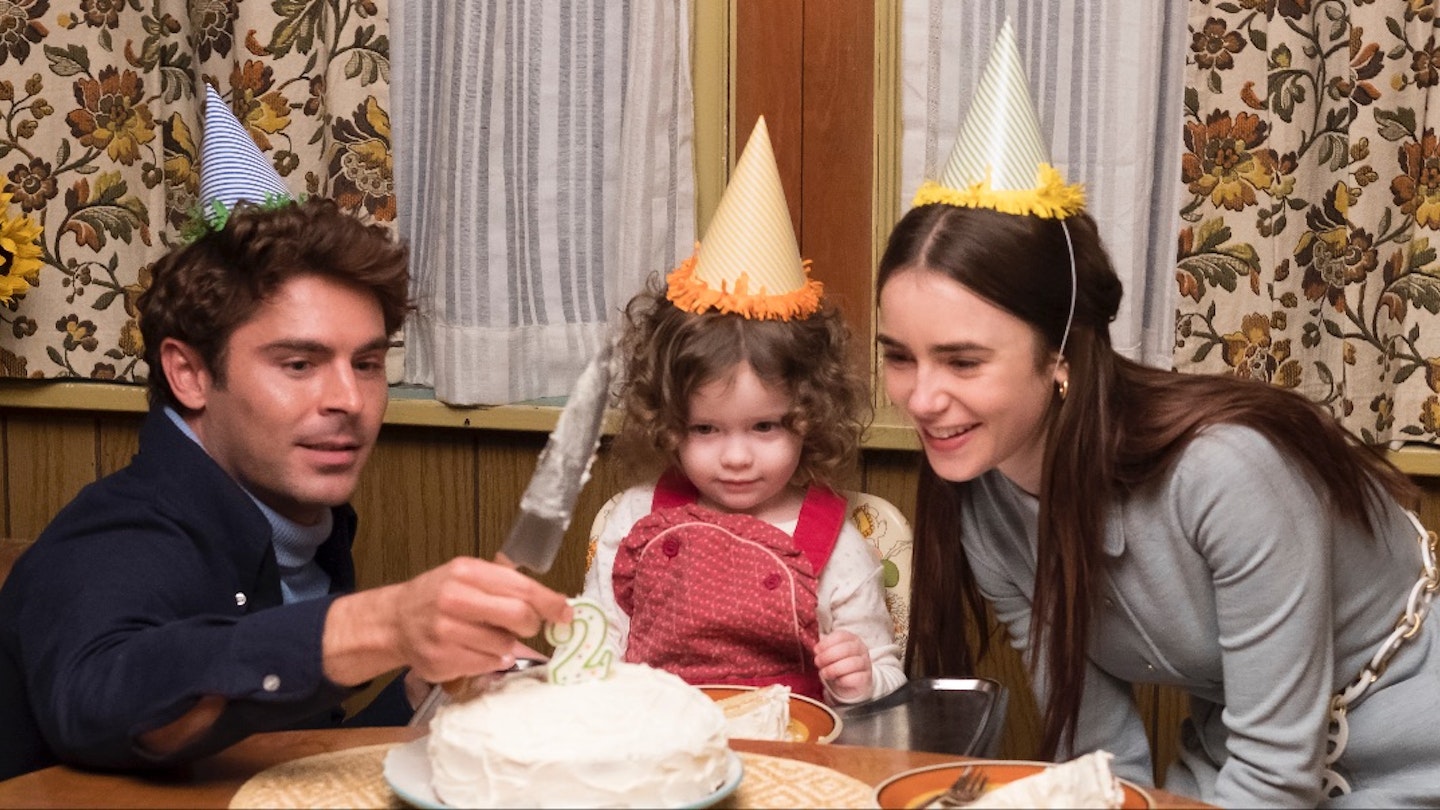It’s extremely flattering casting to put Zac Efron in the role of Ted Bundy, the serial killer who murdered at least 30 women in the 1970s. Bundy didn’t have teen heartthrob looks or the physique of an Olympic wrestler, but the aesthetic upgrade is done with purpose: to over-exaggerate the scary charisma Bundy possessed, which let him seduce both his victims and the media, when his case went to trial. It’s a brilliantly creative choice, setting the tone for a movie that’s occasionally too lighthearted for its own good, but always intriguingly odd.
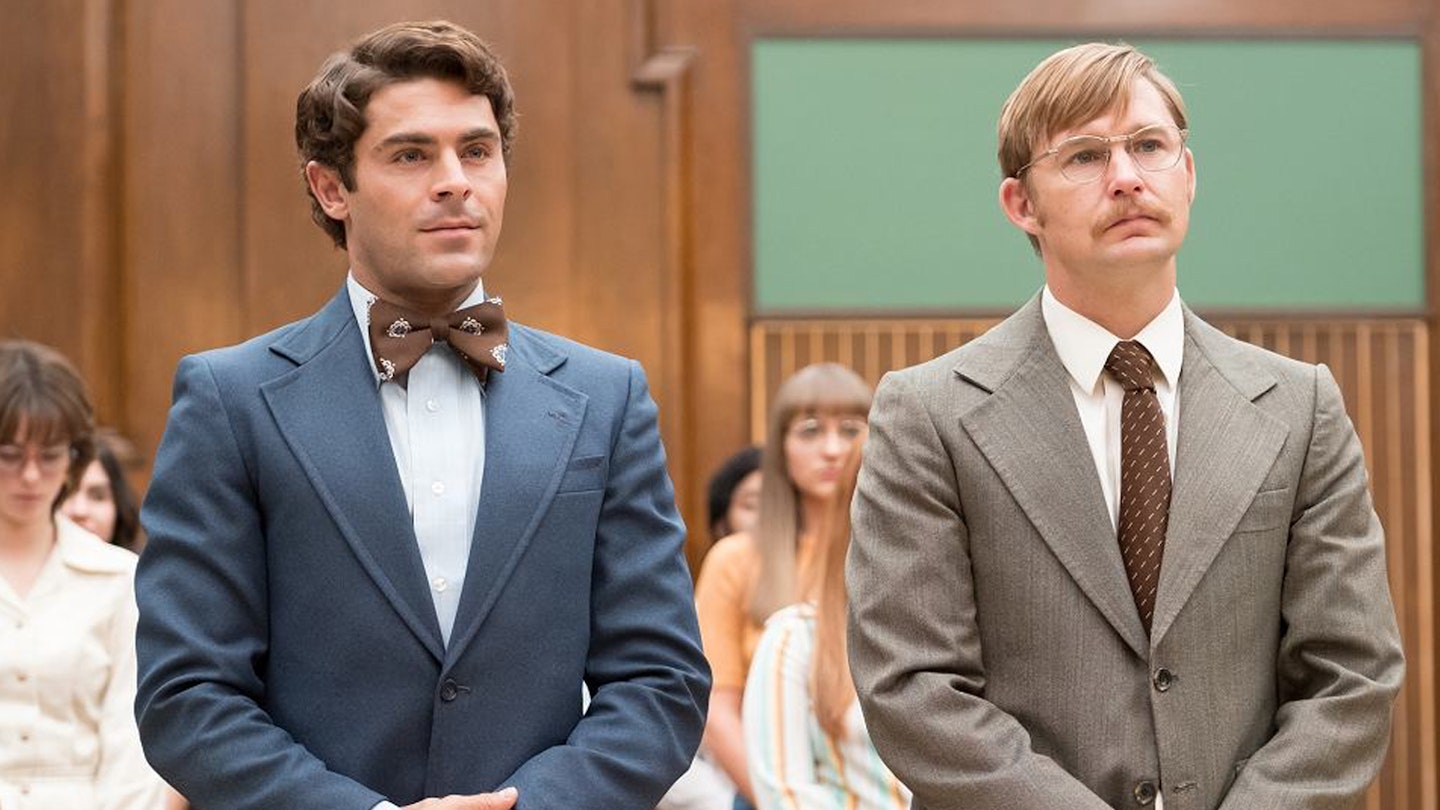
Director Joe Berlinger — who also helmed the Netflix documentary series Conversations With A Killer: The Ted Bundy Tapes — has built this Bundy account not so much around his killings but around his relationship with his girlfriend, Liz Kloepfer (Collins). Liz, a single mother who meets Bundy in a bar, can never quite decide if the man she is doomed to love is a monster or a victim of false allegations. Or why he never hurt her. The truth becomes ever harder to deny as new accusations come Bundy’s way over the years. Collins gets the less meaty of the two lead roles, gradually withering as she realises she’s given her heart to the worst man possible.
It's the best work Zac Efron's ever done.
For Efron, this is an opportunity to guide his cinematic image away from bromance-y comedies and musicals. He plays it at just the right level, as if always behind a glass prison screen, never quite connected to the person in front of him. He struts through the court scenes (Bundy largely represented himself through his trials) like a precocious child, always seconds from a tantrum. It’s the best work he’s ever done.
Berlinger chooses to show little of Bundy’s violence; this is understandable, since the horrific rapes and murders described in the trials wouldn’t sit with the almost goofy tone he’s opted for. It does, therefore, make for a rather lightweight biopic — if indeed it can be called that, given we see nothing of Bundy before he met Liz. It could have used a proper focal point to stop it feeling like a grab-bag of ideas — it doesn’t fully explore Bundy or Liz enough to work as a full examination of either; the birth of crime as entertainment point isn’t fully interrogated; and the victims are footnotes, as is the investigation.
It is pacy, though, and it would be a poor director who couldn’t make Bundy’s story luridly enthralling. But you’ll likely come away remarking on Efron’s performance, rather than anything surprising learned about America’s most famous serial killer.
